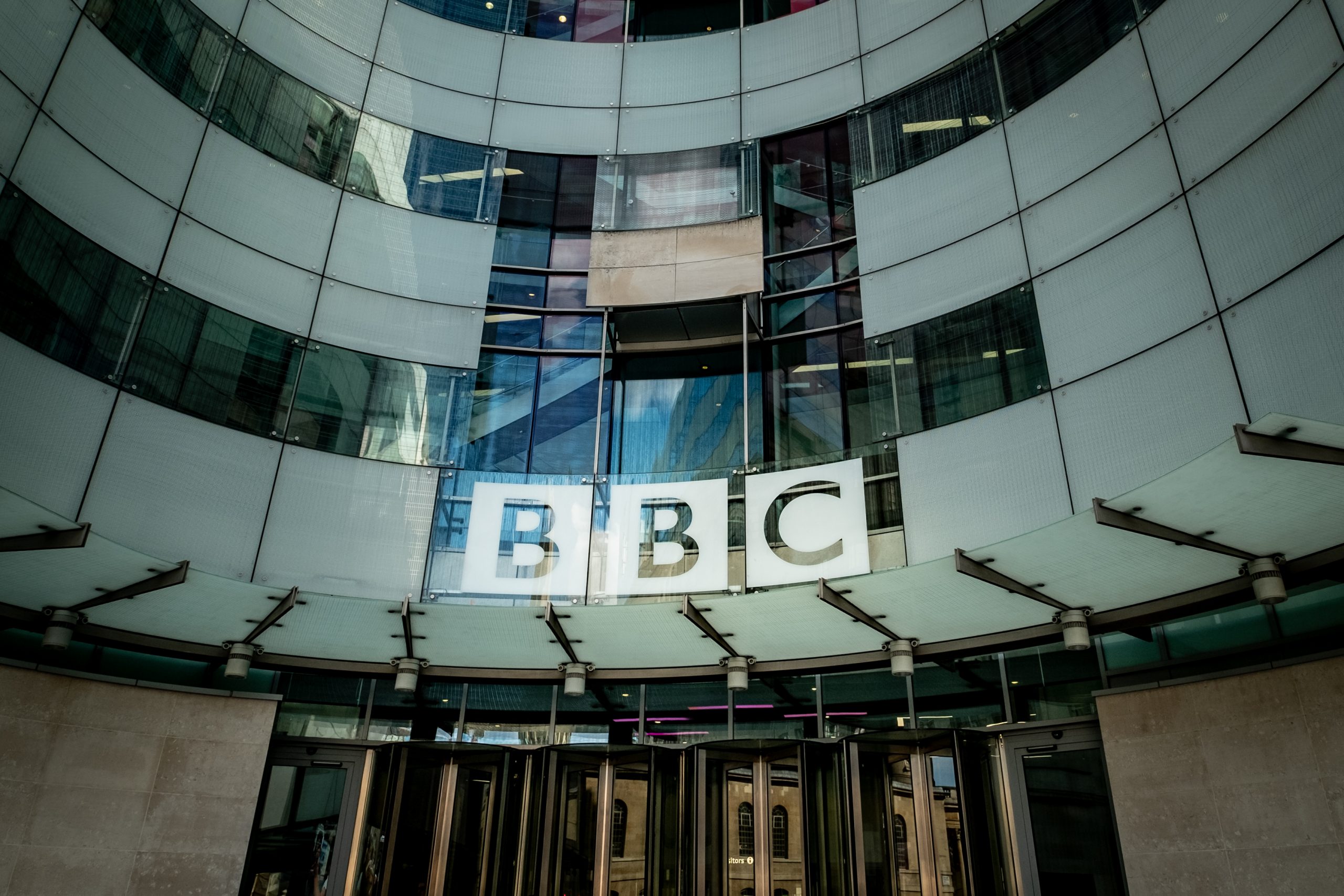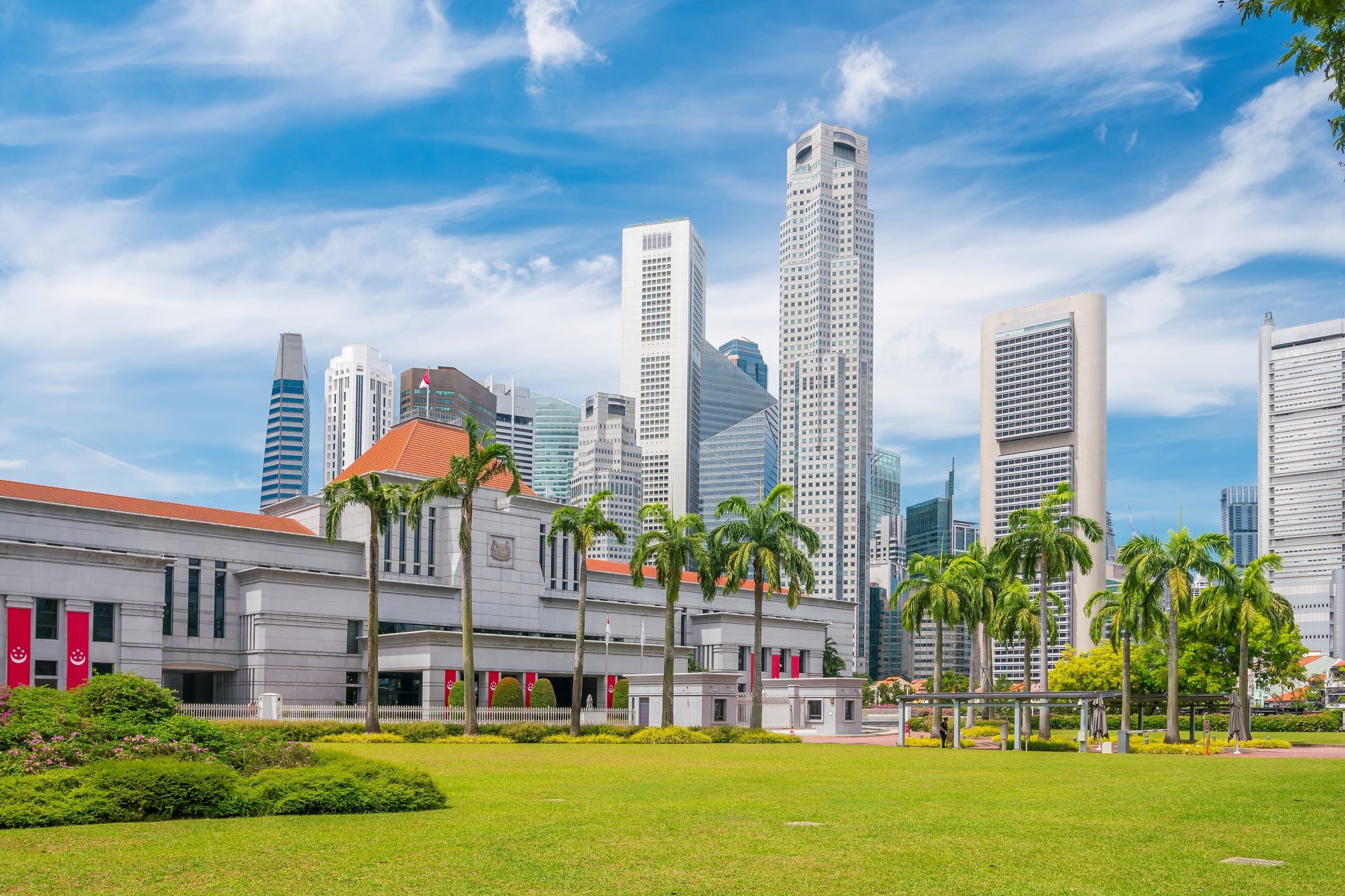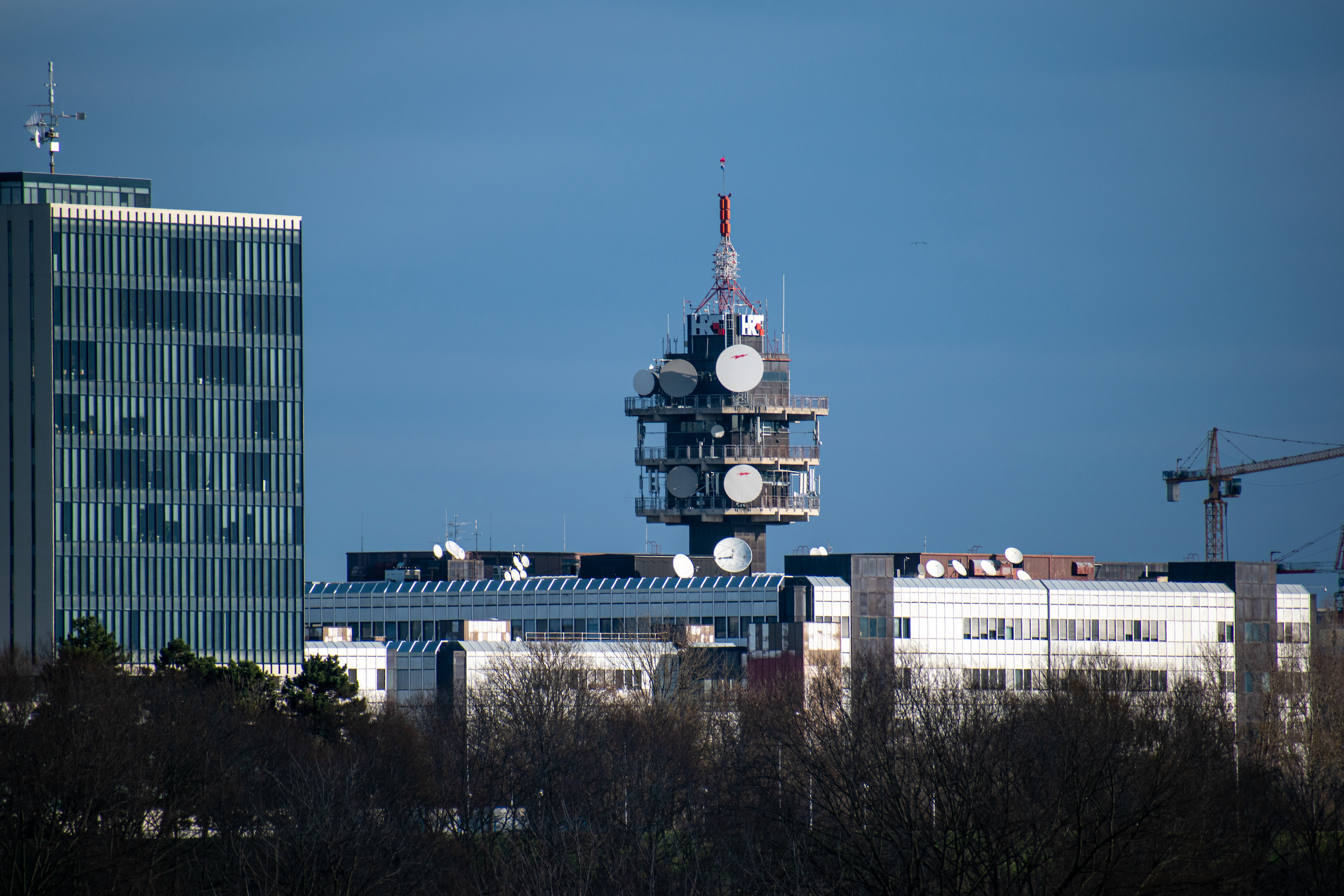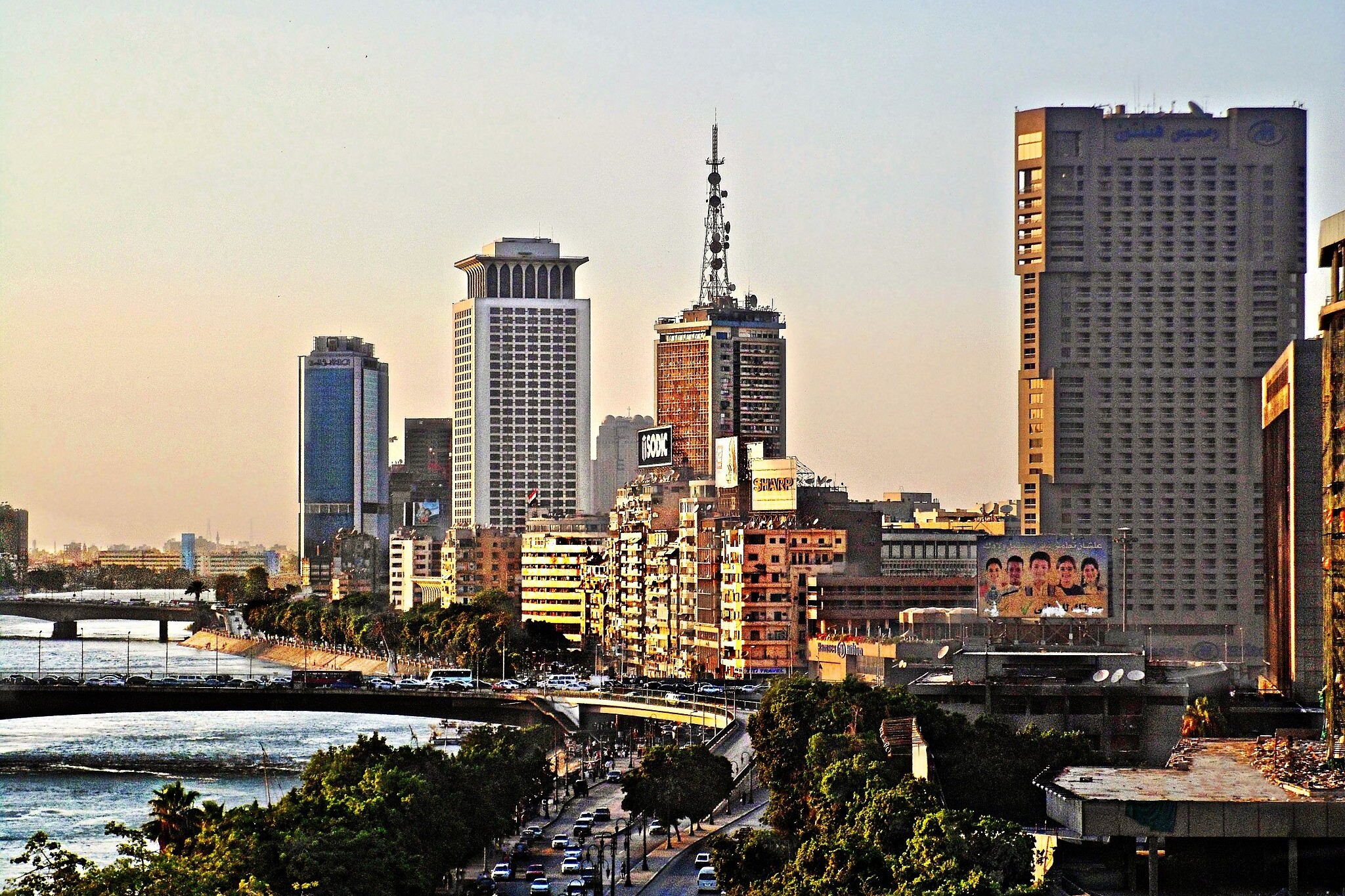Tunisia: public media journalists strike over government interference
8th April 2022
The leading journalist union in Tunisia described the public broadcaster as a “propaganda trumpet” for the government, and bemoaned worsening levels of journalist safety and media freedom.
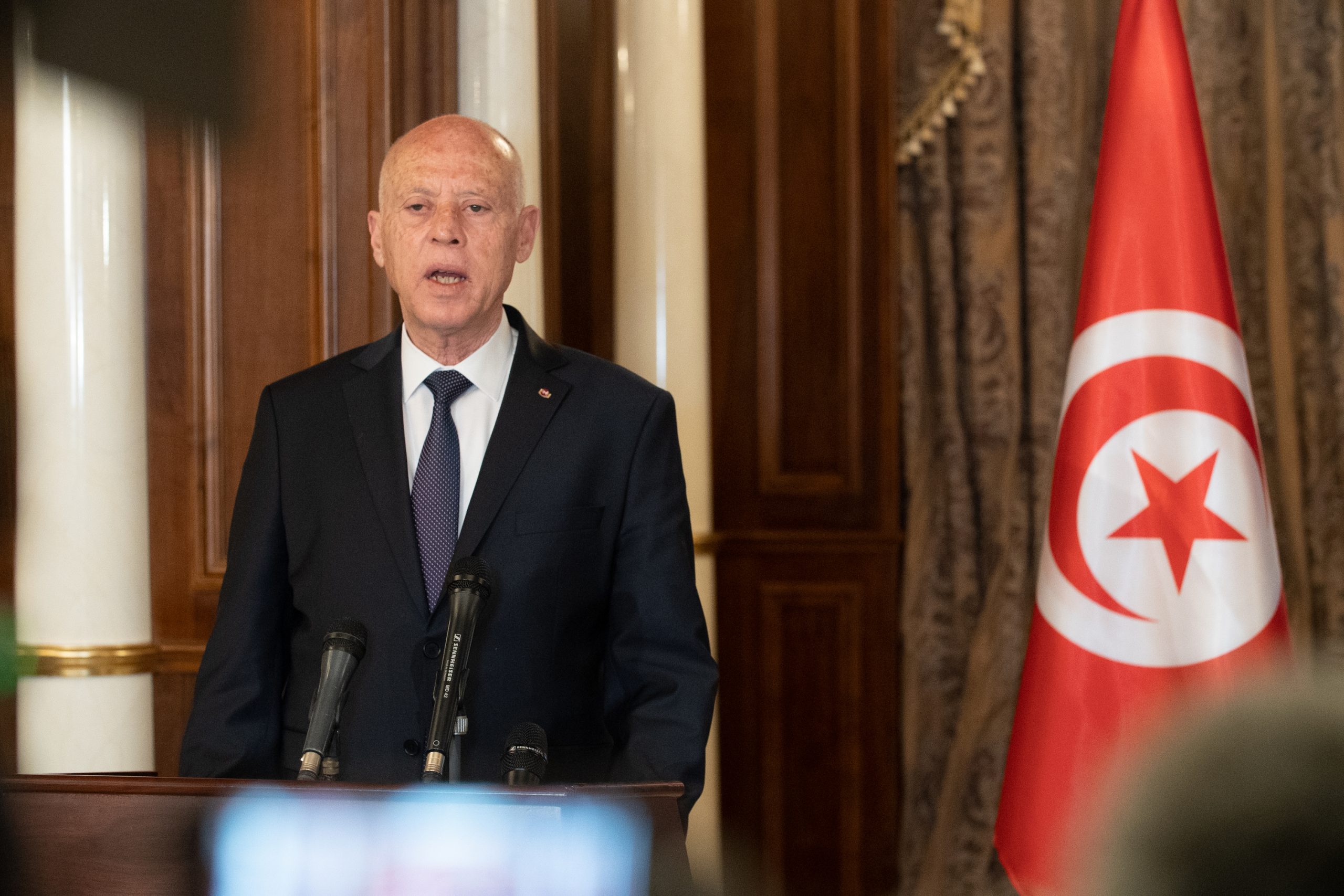
95 percent of all staff working in the public media sector participated in the general strike, which was held in protest against increasing government interference in Tunisia. According to the news outlet, Kapitalis, there were representatives from the television and radio stations, the Tunis Afrique Presse (TAP) news agency, and newspaper, Snipe-La Presse, all of which are state-administered.
The one-day strike was held on 2 April, and had been organised by the National Union of Tunisian Journalists (SNJT). It was held because of fears that the government is increasing its control over the state-administered television station, Wataniya TV, while there are broader concerns about worsening levels of press freedom.
The President of the SNJT, Mohamed Yassine Jelassi, described the state TV as a “propaganda trumpet” for Tunisia’s president, Kais Saied. “Tunisian television is experiencing its worst period since the 2011 revolution,” Mr Jelassi told al-Araby al-Jadeed “It has become monopolised by supporters of President Saied and his decisions, and has been cleansed of any opponents.”
Why has the strike been called?
Following the Arab Spring, Tunisia established itself as a democracy. While there are divisions over whether the subsequent ten years has led to better outcomes for Tunisians, the revolution did lead to the establishment of democratic institutions. The country was ranked second highest in 2021 for levels of freedom in the Middle East and North Africa (MENA) region (behind Israel) by Freedom House.
The revolution also led to the creation of public media in the country. According to the state-administered media matrix – a global assessment of the varying levels of independence of state-administered media organisations – Tunisia is one of only two countries in MENA where all its media institutions have editorial independence (Israel is again the other).
But there are fears Tunisia’s success in establishing editorially independent state-administered media is at risk. In January this year, the SNJT claimed all political parties had been banned by the state television channel from either entering its buildings or appearing on talk shows. This was denied by the station’s head, Aouatef Sagrouni, who said “the main news bulletin, and the only political programme at prime time, covers all parties’ activities, with no exceptions.”
In response, the SNJT organised the strike, and made a number of demands related to safeguarding public media from interference. These include the independent appointment of directors; to end political pressure on their editorial content; and to commit to providing long-term secure funding and resources to allow the institutions to produce top-quality journalism.
#Tunisia: @TapNewsAgency @AgenceTAP is staging Saturday a one-day strike, pursuant to the decision of @TunisieSnjt which had announced on March 22 a general strike in public media in response to the gov’t failure to meet demands it has put forward. https://t.co/1eN6q6d0PG pic.twitter.com/oNFEd53g8t
— TAP news agency (@TapNewsAgency) April 2, 2022
Tunisian democracy in jeopardy?
It comes as the democratic institutions, which are the cornerstone of free and fair societies, face a broader crisis. In July, President Saied was accused of launching a coup when he suspended Parliament, sacked the Prime Minister, and seized control of judicial and legislative powers. Last month, he dissolved Parliament after they rejected the suspension. President Saied then contravened the constitution by ruling out holding elections within three months, as is law.
State capture has been ongoing throughout this time. According to Middle East Eye, President Saied has “dissolved” the Supreme Judicial Council, closed the Anti-Corruption Authority, and “sidelined” the Independent High Authority for Elections.
Amidst this, the media have found themselves a target. In March, journalist Khalifa Guesmi was arrested under anti-terrorism laws for refusing to reveal his sources. “It reflects a policy of using state institutions to silence and intimidate journalists,” Mr Jelassi said. “It is an attack on journalists’ right to protect their sources, which is guaranteed under Tunisian law.” Following an outcry, Mr Guesmi was later released.
But it demonstrated the increasing pressure and hostility journalists have experienced while doing their work. This year alone, there have been 42 attacks on journalists. Twelve of those were recorded as violent incidents, and most of those who were injured were hurt while covering protests.
It has caused further concerns that freedom of expression is in danger of being eroded. Authorities have been accused by Human Rights Watch of using “repressive” tactics to stamp down on criticism.
Other civil society organisations have reported similar warnings. RSF’s World Press Freedom Index – which placed the country 73rd –noted how “freedom of the press and freedom to inform are the most important achievements of Tunisia’s 2011 revolution.” But it warned that “these freedoms have become more of a political issue since the 2019 general elections. Far right politicians no longer hesitate to openly target journalists … and the overall climate for the media and journalists has worsened significantly.”
PMA is similarly concerned about the direction press freedom is heading in. Journalism is not a crime, and journalists should never be attacked for doing their job. Meanwhile, the backsliding of democratic institutions in Tunisia, which includes the public media organisations, is of great concern. These organisations, the management and journalists who work for them, must remain independent and safe while doing so.
Related Posts
10th February 2022
BBC files urgent complaint to UN against Iran’s ongoing harassment of BBC News Persian journalists and their families
The urgent complaint comes as Liliane…
7th October 2021
Singapore: Foreign interference law poses threat to media plurality
Fears that new law could be used to…
14th May 2021
Verbal attack on Croatia’s public broadcaster is the latest in a string of media freedom incidents
Croatia may have joined the Media…
